blog
Interview with photographer Andrzej Maciejewski
F-Stop Magazine: How did you first become involved in photography and what led to you working in this medium as an artist?
Andrzej Maciejewski: I guess the reason for starting photography was a mix of teenage boredom, lack of TV and overall lack of everything in Poland where I grew up. Me, and my friends basically had to find something to do. Photography was relatively easy to do at home, materials were not that expensive. And I soon found out that I can even make some little money on it. After some time I realized that this is a lot of fun and I decided to go to photography college after high school. There was only one college at the time for the whole country and it accepted only about 30 students every year. I was stubborn and I guess lucky and I got enrolled there. I think what was the most exciting in it was (and still is) the fact that I could do it all by myself with limited equipment and investment. By hand.
F-Stop: The “Documentary” issue of F-Stop includes your project “Lisbon-Moscow“, can you tell us about this project? What led to you creating this project?
AM: I have been living in Canada since 1985. This country is my home and I got very used to it. But still, I can’t stop comparing the lifestyle here to my old country or to Europe in general. When I moved from Toronto to a very small village in Eastern Ontario called Moscow I was in a way laughing at the fact that now I live in Moscow. I find it a bit ridiculous that a intersection of two country roads could be named after this major city. And, Moscow in Ontario was settled in late 18 century by Germans and has nothing to do at all with Russia. I became a good friend with an older farmer who was a descendant of first German settlers in Moscow and he told me that he went to Europe just once and it was during a second World War – he was there to fight Germans. Now, my kids go to school in Odessa and to buy wine or beer I have to go all the way to Verona. And, there are many more of these places. Zurich, Belfast, Palermo, Vienna, Athens, Paris, Florence, London (with Thames river running through it) Toledo, Lisbon and of course Warsaw (that is where I was born) just to name a few. For my project I chose 27 of them.
F-Stop: Can you discuss your process for making these images or your creative process more generally? How do you choose what to photograph in a place?
AM: It usually takes me long time from moment of idea for new series to actually taking photographs. It starts with general concept of what I would like to say. Then it is a rather long process of finding out how I should go about it. I like to treat every new body of work as a new adventure and challenge. That is probably why I have a very diverse portfolio. I do a lot of research, I look at other photographs that are in the same category, I plan how my photographs will look like (colour or black and white, size of final print, general composition rules), how many will be in final set. I decide what kind of camera I should use and which film. Basically, at the moment I start taking photographs most of images are already in my head. There will be some adjustment made as I go but the general view is already there.
For “Lisbon – Moscow” I decided to use a medium format camera instead of my usual 4×5 mostly because I knew that I will take a lot of pictures and that they will be no bigger than 24”x30” as final print. Specially for this project I bought a really beautiful 6×7 Linhof Super Technica that is about 2 years older than me. What is most important about it is the fact that I can shift the lens and focus the image on ground glass.
I need to do a lot of travelling for this project. Some places are located about 500km from where I live and I already visited each place at least 2 – 3 times. On a good day I can visit three places if they are close to each other. It doesn’t take a lot of looking around to find what I want to photograph. I try to focus on places that are in view of every passer by. Places that are rather obvious and not extremely unusual. I photograph from eye level, I don’t search for any special vantage point like for example a high tower. Once I decided where to photograph I
look at the place through a small viewfinder until I find a spot where all the elements are in the right position. I mark the spot and go to get my tripod with camera. Click and it’s done.
F-Stop: What do you hope people see or feel or perhaps learn when they look at these photographs?
AM: My intention is to present this project mostly in Europe. Canada is still a relatively young country which culture was very mainly created by Europeans. I would like people to imagine that what they see on these photographs is the final effect of some scientific experiment of transplanting a very rich and well established culture on completely new, far located ground. What is left from their great grand parent culture after a few generations. It is about the style in architecture, urban planning, lifestyle and the general notion of esthetics in every day life. I would be very interested in finding out how people in Europe can identify themselves with what they see. If they can relate at all.
F-Stop: Do you have a favorite image in this series? If so, which one and why is it the image that speaks to you most?
AM: I have many favourites but one image from Warsaw I like the best for a few reasons. There is a monument of soldier who died in a First World War that is set right next to a very typical and esthetically not very pleasing building with greasy spoon restaurant and post office located in it. This image can be read almost like a book. It is quite possible that this poor young man was a son of emigrants from Europe. It is almost certain that the only time that he travelled to Europe was to take part in a war where he was killed. Now, the monument that is commemorating his (and a few others) heroism stands in centre of his native town right next to restaurant that offers two breakfasts for $10 (Mon – Wed 8am-11). Isn’t it a bit ironic? I really like the way this image works out. The proportions of monument to the building, the balance between all the elements, rather bleak colours except for the bright red Canadian flag, the wires cutting the sky. It all seems to be in perfect place. I also like this image because it presents Warsaw. I spent my first 26 years of life in Warsaw (the one in Poland).
F-Stop: What is the intended “end” or “purpose” for the project? (i.e, book, multi media piece, etc)
AM: From hundreds of images that I have already taken ( I still plan to photograph a little longer) I would like to choose a set of about 50 for traveling exhibition and maybe close to 150 for a book. I think the book will also include my short texts about each of these places.
F-Stop: What are you working on now?
AM: I am still taking photographs for “Lisbon-Moscow”. That will most likely be finished in two or three months. I just finished a year long project called 40th Year – a series of portraits of my wife in the same setting but different seasons. I am getting ready to start a new series of photographs of people involved in professions that are slowly disappearing.
F-Stop: What photographers or other artists inspire you?
AM: That could be a rather long list since I work with very different types of photography. There is a lot of 19 century landscape and cityscape photography that I really admire and learn a lot from. Our own, Canadian (Scottish – really) William Notman for one. Many photographers from early 20 century: August Sander, Albert Renger Patzsch, Rodchenko, Atget, Walker Evans. There are also a lot of contemporary photographers that inspire me a lot.
For more of Andrzej Maciejewski’s work: www.klotzekstudio.com
Location: Online Type: Featured Photographer, Interview
Events by Location
Post Categories
Tags
- Abstract
- Alternative process
- Architecture
- Artist Talk
- artistic residency
- Biennial
- Black and White
- Book Fair
- Car culture
- Charity
- Childhood
- Children
- Cities
- Collaboration
- Community
- Cyanotype
- Documentary
- Environment
- Event
- Exhibition
- Faith
- Family
- Fashion
- Festival
- Film Review
- Food
- Friendship
- FStop20th
- Gender
- Gun Culture
- Habitat
- Hom
- home
- journal
- Landscapes
- Lecture
- Love
- Masculinity
- Mental Health
- Migration
- Museums
- Music
- Nature
- Night
- nuclear
- p
- photographic residency
- Photomontage
- Plants
- Podcast
- Portraits
- Prairies
- Religion
- River
- Still Life
- Street Photography
- Tourism
- UFO
- Water
- Zine

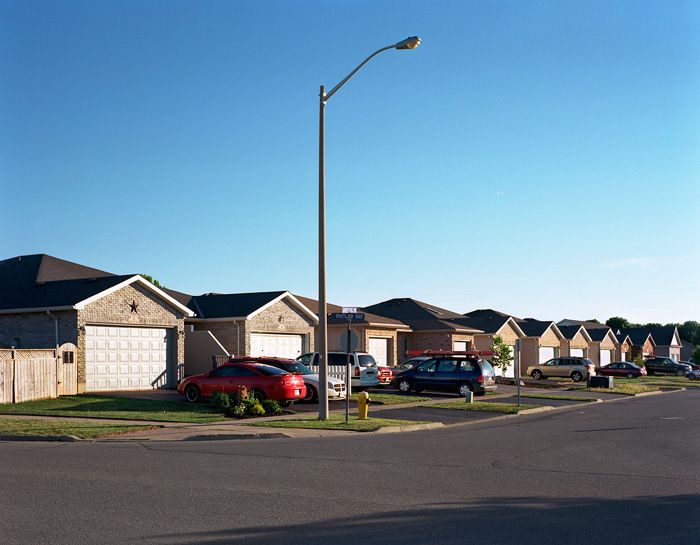
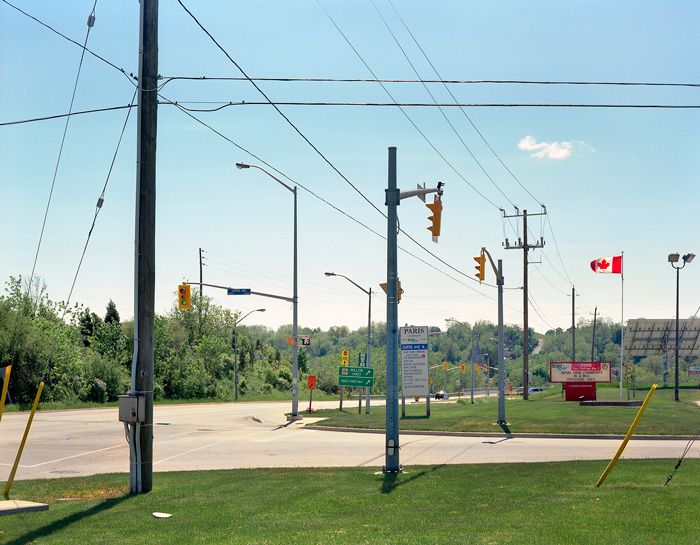
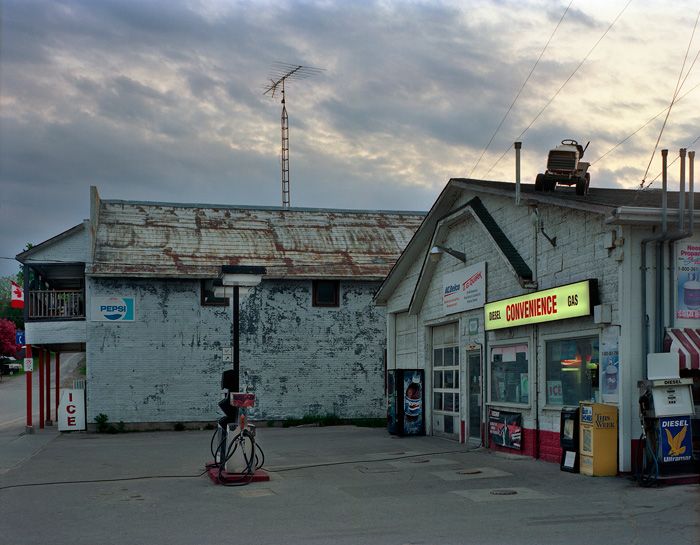
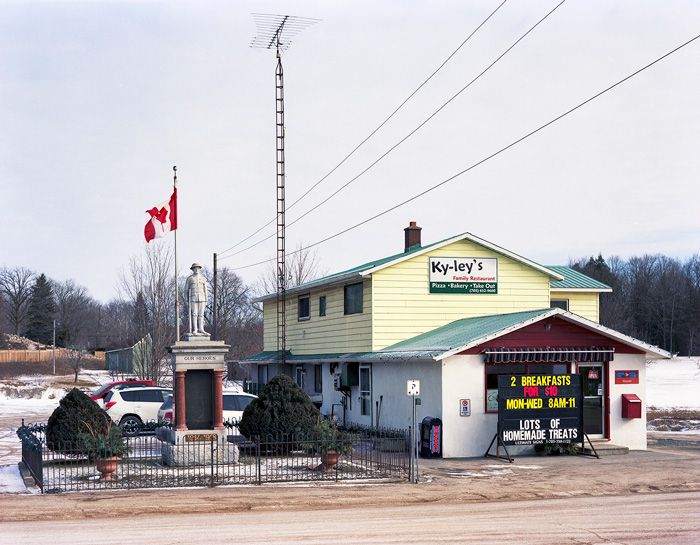
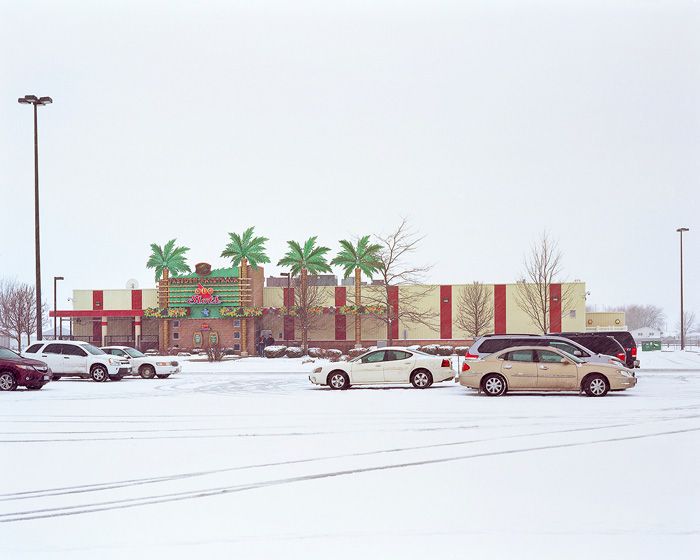
Leave a Reply